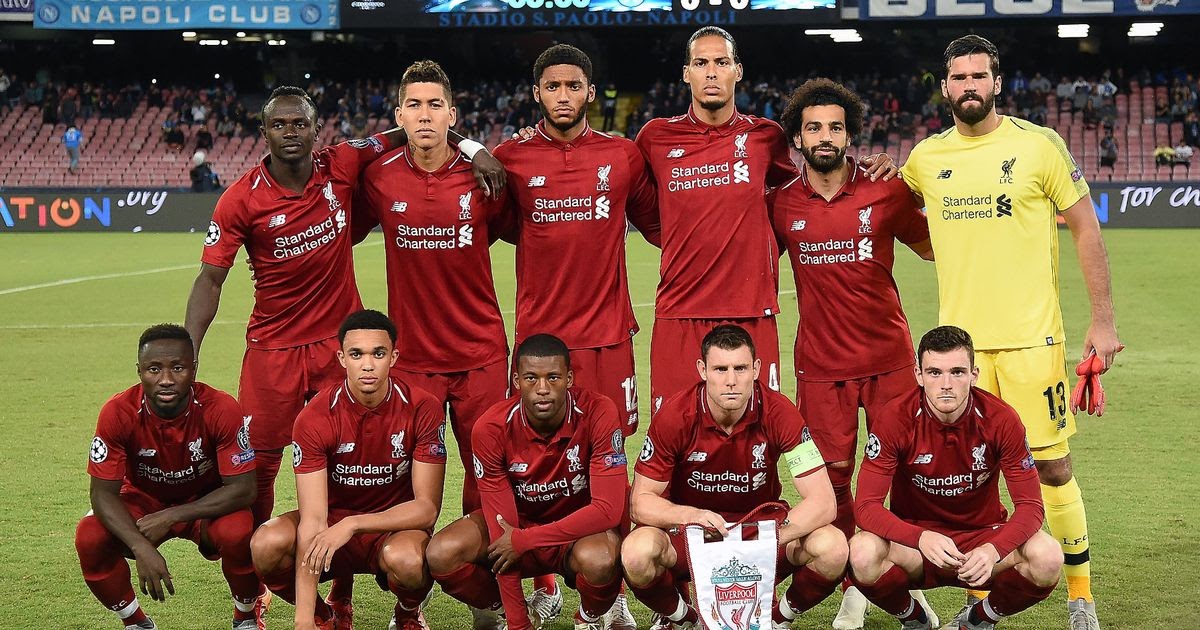


Predominantly I saw Muslim parents and English parents, from various different backgrounds, and I found that people and the cultures looked at football differently. “I think that’s one of the things that got me into coaching. “I didn’t see any of that in the bigger games, in the Premiership with fans, but I saw it at that grassroots level,” he continued. “If it wasn’t for my love of the game I feel I could have fallen out of playing but I didn’t take up playing seriously because of that animosity I got.”įor Aneel, those experiences in his youth helped guide him into coaching so he could have an impact at the grassroots level. “When I went to that team it was predominantly white and, again, I experienced a lot of racism from the coach, and some of the players, just for me to get into the game. I played for the school team and then I moved onto a local team. “I got into football, got into supporting Arsenal, and I played football. Her Game Too: Inside the fight to end sexism in football once and for all.“That got me to say ‘what’s football about?’ Read More Related Articles So, when I watched the match, I supported Arsenal and they lost in that FA Cup final. “It just felt like that, it felt like - I won’t say racism - it was more towards prejudice. “I found, from the build up to the final, there was a lot of animosity against anyone - if we supported West Ham - from the British, white West Ham followers. I went out with lots of friends, parents, aunties, uncles and we watched this FA Cup match - I think I was about nine years old and not really into football - and Arsenal lost. “What I did find early on is, being Muslim and from a Pakistani background, we went to the FA Cup final in 1980 and saw West Ham v Arsenal. “Where I grew up there were a lot of West Ham fans, we were London-based in Redbridge,” said Aneel Yasin, who currently coaches Riverhawks U10s in Redbridge. Aneel Yasin coaches Redhawks U10s in Redbridge, London


 0 kommentar(er)
0 kommentar(er)
